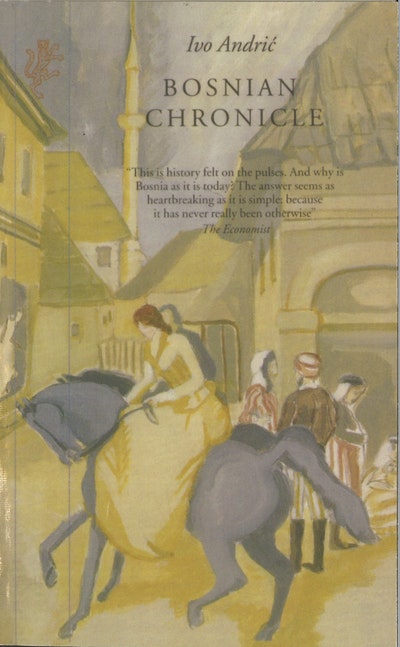- Published: 18 October 2018
- ISBN: 9781681372525
- Imprint: NY Review Books
- Format: Paperback
- Pages: 304
- RRP: $32.99
Omer Pasha Latas
Marshal to the Sultan
Buy from…
- Published: 18 October 2018
- ISBN: 9781681372525
- Imprint: NY Review Books
- Format: Paperback
- Pages: 304
- RRP: $32.99
"Andric possesses the rare gift in a historical novelist of creating a period-piece, full of local colour, and at the same time characters who might have been living today." --Times Literary Supplement
"The wealth and variety of its fictional elements carry it so far beyond the confines of a straightforward novel, it cannot be limited to such a description. It puts one in mind of a collection of tales, but no collection of tales (not even A Thousand and One Nights or Washington Irving's stories) ever possessed such a unity and continuity of theme." --George Perec, Le Monde



